In a statement by China’s Ministry of Commerce, it was emphasized that heavy and medium-heavy metals among rare earth elements are used in the military field, noting: “The Chinese government’s control over the export of rare earth elements and related products is a legitimate measure in accordance with laws and regulations.”
The statement added that amid a turbulent global environment and occasional armed conflicts, China — as a responsible nation — implements these controls to fulfill its international obligations, such as maintaining world peace, safeguarding regional stability, and preventing the proliferation of weapons.
The ministry underlined that these measures do not constitute an “export ban” but rather “export controls,” emphasizing that requests for civilian use will continue to be supported during approval processes.
“We don’t want a tariff war, but we’re not afraid of one either”
Responding to U.S. President Donald Trump’s statement that a 100% additional tariff would be imposed on China and exports of all critical software would be halted if Beijing maintained its current stance, the Chinese government said: “Constantly threatening China with high tariffs is not the right approach. We don’t want a tariff war, but we’re not afraid of one either.”
The ministry also accused Washington of applying “double standards,” arguing that the U.S. has long abused export controls by expanding the definition of national security. It noted that while the U.S. has banned exports of many products — including semiconductors and chips — its export control list covers more than 3.000 products, compared to around 900 in China.
The statement stressed that U.S. actions have undermined the security and stability of global supply chains and negatively impacted the international economic order.
A critical move ahead of the APEC Summit
On September 9, China’s Ministry of Commerce announced new export restrictions on rare earth elements and related production technologies. The new measures placed controls on the extraction, smelting, separation, magnet material production, recycling technologies, and associated assembly lines.
Additionally, foreign companies exporting rare earth elements produced in China are now required to obtain licenses from the ministry for products with dual civilian and military applications. Certain materials used in battery production and products containing superhard metals were also included in the restrictions.
The timing of the decision drew attention, as it coincided with ongoing tariff negotiations between the U.S. and China, and ahead of a scheduled meeting between the two countries’ leaders at the upcoming Asia-Pacific Economic Cooperation (APEC) Summit in South Korea later this month.
China accounts for 69% of global production
According to data from the U.S. Geological Survey (USGS), global production of rare earth elements reached 390,000 tons in 2024, with China producing 270,000 tons.
China, which produces about 69% of these 17 different metal oxides, also holds an 85% share of global processing capacity. By imposing export controls on rare earth elements, Beijing aims to leverage its dominance in this sector as an economic advantage in response to U.S. technology restrictions and tariff policies.


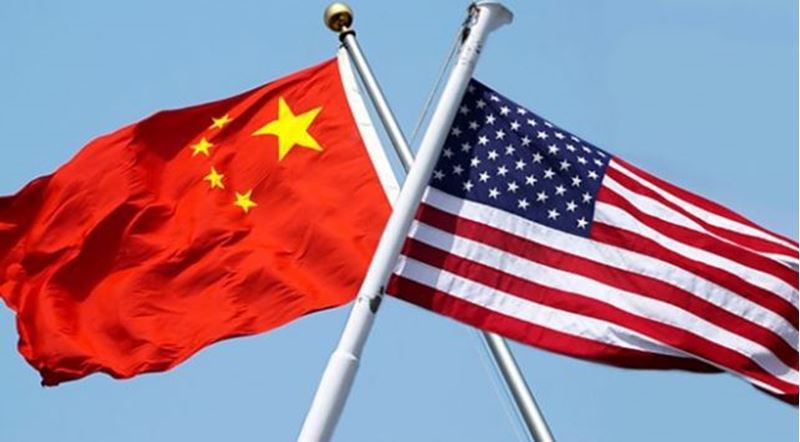

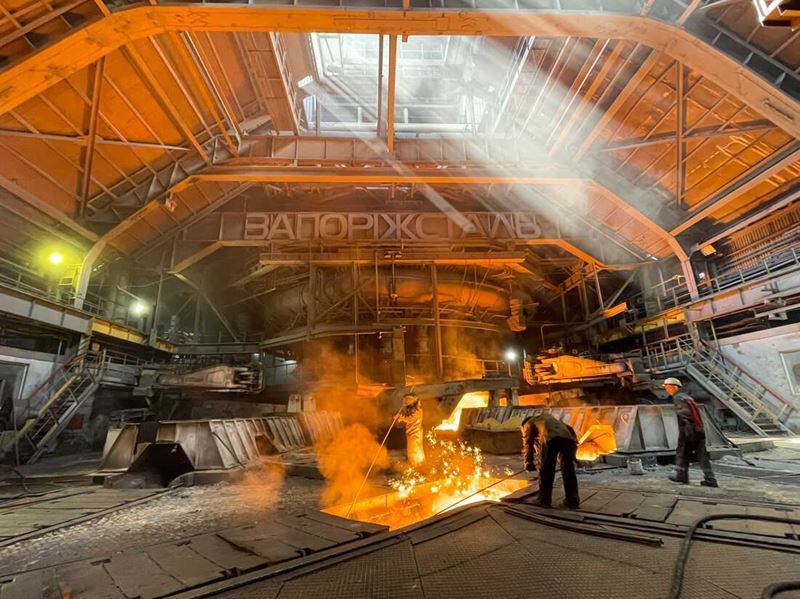
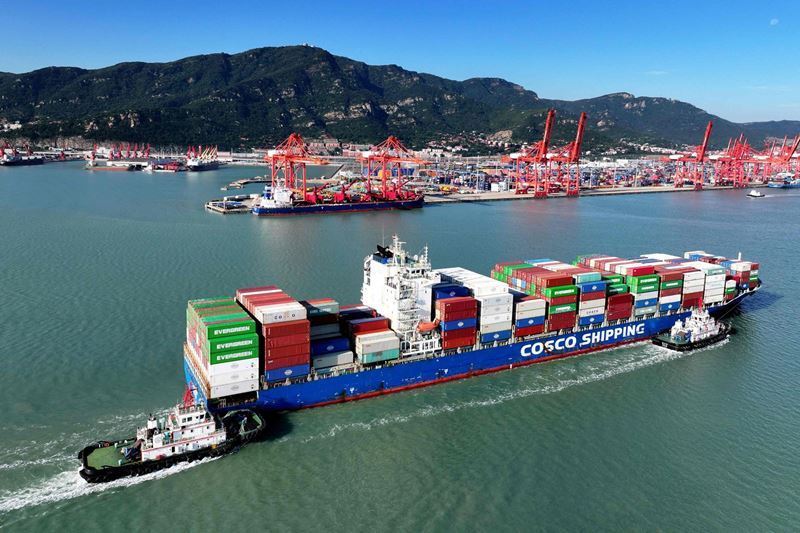
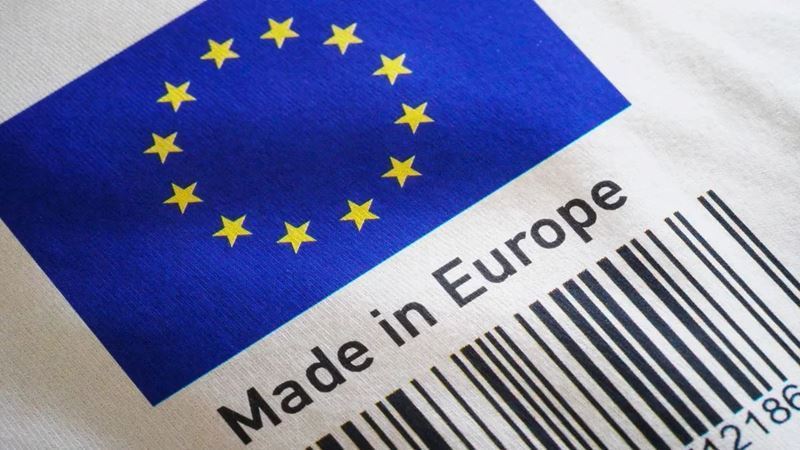

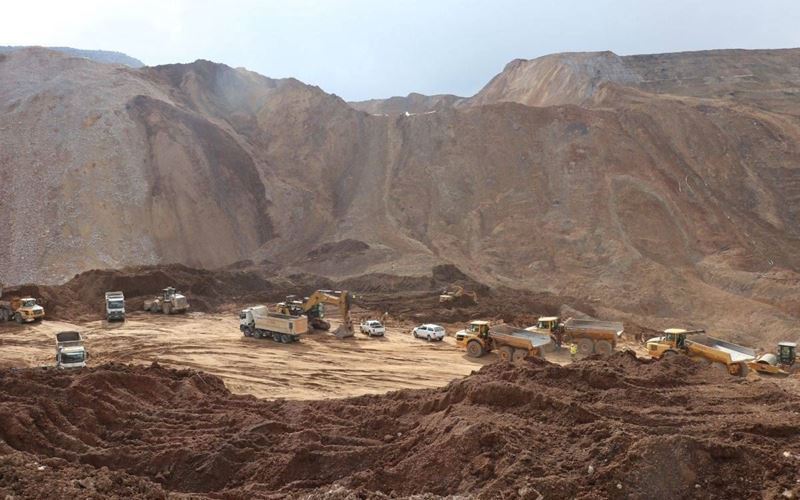


Comments
No comment yet.